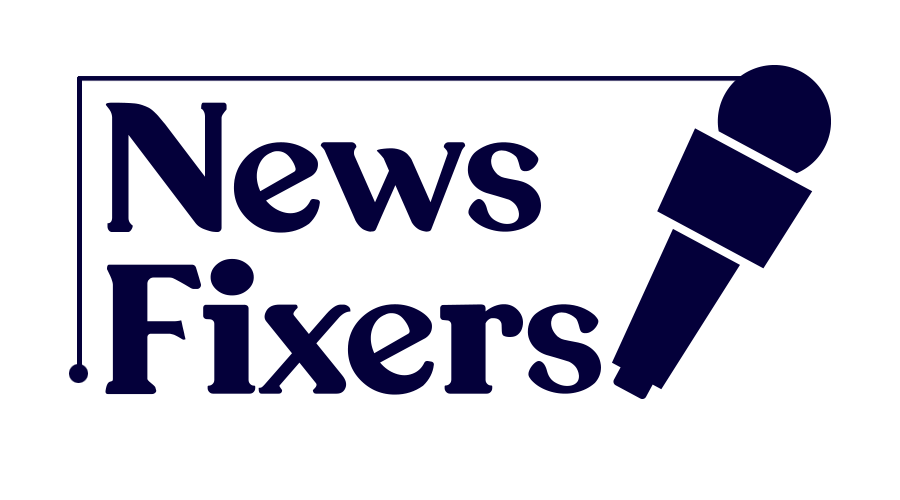Undergoing a nose job or rhinoplasty can be a transformative physical and emotional experience. Whether you’re seeking to improve breathing, alter your nose’s appearance, or both, the success of your journey heavily relies on the recovery process. This guide will navigate you through the best techniques for a faster and smoother recovery, ensuring you return to your daily life feeling better than ever.
Whether opting for a complete reshaping or a subtle refinement, understanding the procedure’s nuances will prepare you for the journey ahead.
Preparing for Your Surgery
Choosing a skilled surgeon is the first step toward a successful outcome. Beyond this, setting realistic expectations and adhering to pre-operative care instructions, such as dietary adjustments and quitting smoking, are crucial for minimizing risks and ensuring a speedy recovery.
Immediately After Surgery
The initial hours post nose job Turkey are critical. You’ll likely experience swelling and possibly some bleeding. Managing these early signs through proper care and adherence to your surgeon’s instructions is key to a positive recovery trajectory.
Pain management and rest are paramount during the first day. Employing strategies such as prescribed medications and maintaining a restful environment will significantly aid your recovery process.
This period is crucial for healing. Adhering to guidelines on dressing care, managing swelling, and ensuring a conducive sleeping environment will pave the way for a smoother recovery.
Follow-up Care
Attending follow-up appointments is essential for monitoring your healing progress and addressing concerns. Understanding when and how to remove any bandages or splints safely is also crucial during this phase. If your treatment was planned with a medical travel agency like Flymedi, you will receive the latest tips and guides to help you recover.
Medication and Pain Management
After a nose job surgery, managing pain and discomfort is a top priority for many patients. Your surgeon will likely prescribe pain medication to help manage the initial post-operative discomfort. Following your surgeon’s instructions on how and when to take these medications is crucial.
Over-reliance on painkillers can lead to unwanted side effects, so incorporating alternative pain management techniques can also be beneficial. Techniques such as gentle breathing exercises, mindfulness meditation, and listening to calming music can aid in relaxation and pain reduction.
Additionally, it’s important to communicate with your healthcare provider about your pain levels.
If you find the prescribed medication isn’t providing adequate relief, or if you experience unusual symptoms, don’t hesitate to contact your surgeon. Proper pain management not only ensures comfort but also aids in faster recovery by allowing you to rest more effectively and participate in necessary activities like walking and gentle stretching.
Activity Restrictions and Recommendations
The first few weeks after rhinoplasty are critical for ensuring a smooth recovery. During this period, it’s essential to avoid strenuous activities, including heavy lifting, vigorous exercise, and any activities that could result in a bump to your nose. These precautions help prevent bleeding, swelling, and disruption to the healing process.
However, light activities, such as short walks, promote blood circulation and healing. Walking can also help reduce the risk of blood clots. Be mindful of your body’s signals, and don’t push yourself too hard. Your surgeon will provide specific guidelines on when you can gradually return to your regular exercise routine and other activities.
Nutrition for Healing
Optimal nutrition plays a pivotal role in healing after a nose job surgery. A diet rich in vitamins and minerals can help speed up the recovery process. Focus on foods high in vitamin C (such as oranges, strawberries, bell peppers, and broccoli), which is crucial for collagen production and wound healing. Zinc-rich foods like meat, nuts, and seeds can also support healing.
Protein is essential for tissue repair and muscle strength, so include plenty of lean protein sources, such as chicken, fish, tofu, and legumes. Drinking plenty of water helps flush toxins from your body and keeps your skin and mucous membranes in good condition. Avoiding processed foods, excessive salt, and sugar is also advisable, as they can exacerbate swelling and hinder healing.
Keeping Your Head Elevated
Elevation is a simple yet effective way to reduce swelling. Understanding the best practices for maintaining this position, especially during sleep, can significantly impact your recovery speed.
Hygiene and Care
Maintaining good hygiene is essential after rhinoplasty, but it’s important to do so carefully to avoid disturbing the surgical site. Follow your surgeon’s instructions on how to clean the inside and outside of your nose. Dab the area gently rather than wipe or rub it.
Showering can usually resume a day or two after surgery, but keeping the facial area dry is crucial to avoid softening the splint or bandages. You can use a damp cloth to clean your face carefully, avoiding the nose area. If you experience nasal congestion, your surgeon may recommend saline sprays or gentle steam inhalation to help relieve discomfort without causing harm to the surgical site.
Dealing with nasal congestion carefully is important, as vigorous blowing could compromise the healing process. Your surgeon might also provide specific recommendations for oral hygiene, including avoiding certain types of toothpaste or mouthwashes that could irritate the surgical area.
By adhering to these guidelines on medication and pain management, activity restrictions, nutrition, and hygiene and care, you can contribute positively to your recovery process, ensuring a quicker return to normal activities and enjoying the results of your nose job surgery.
Recovery from nose job surgery is a journey that requires patience, care, and adherence to professional advice. By following these best practices, you can ensure a faster, smoother recovery, allowing you to enjoy the results of your procedure with minimal downtime. Remember, each step you take towards proper care and precautions is a step towards unveiling the best version of yourself.


